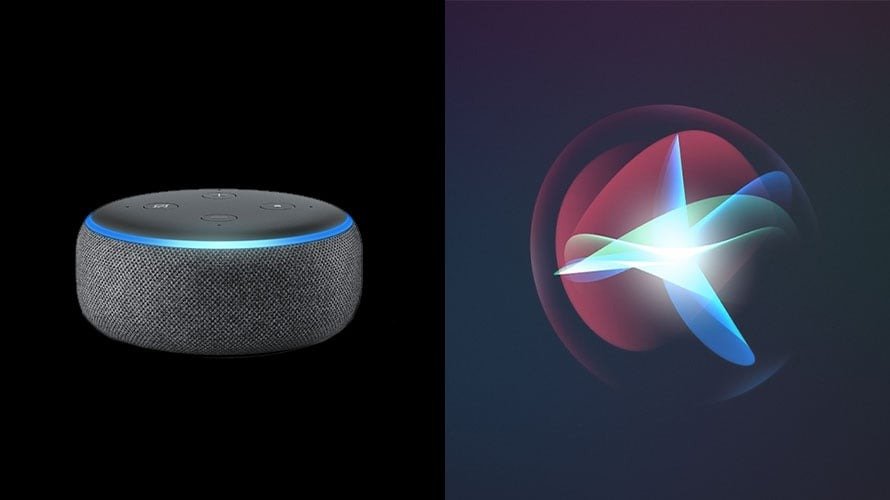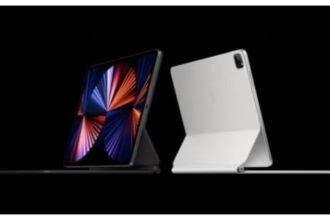Why is Alexa better than Siri? The provided article delineates a comparative analysis between Alexa and Siri, two ubiquitous digital assistants frequently utilized by computer users in their daily interactions. Siri, developed by Apple Computer, and Alexa, owned by Amazon, are emblematic examples of artificial intelligence applications leveraging various technologies such as natural language processing, voice recognition, and machine learning to cater to users’ diverse needs efficiently.
While Google Assistant, Samsung Bixby, and Microsoft Cortana also vie for prominence in the digital assistant market, Siri and Alexa stand out as leading contenders. Over the past half-decade, both platforms have undergone iterative enhancements, placing them on par in terms of features and capabilities, albeit with nuanced distinctions in performance.
Siri stands as a digital assistant software seamlessly integrated within the iOS ecosystem, offering users prompt responses to inquiries ranging from nearby dining options, movie listings, and weather forecasts, to flight schedules. Its functionality extends to facilitating actions such as composing emails or initiating phone calls, all executed based on user directives.
Notably, Siri accommodates natural language input, obviating the need for users to employ specific commands or adopt formal speech patterns. Through continual adaptation and learning mechanisms, Siri adeptly adjusts to users’ linguistic nuances with minimal intervention, thereby enhancing productivity and time efficiency. Its proficiency in comprehending extended user utterances further amplifies its utility in task execution.
Initially conceived as a smart speaker featuring Alexa software, Alexa swiftly evolved into a multifaceted platform facilitating seamless interaction and control of various household devices via smartphone integration from remote locations. Originally conceived by Amazon as a digital assistant and entertainment interface, its utility transcended conventional boundaries, encompassing IoT integration, web browsing capabilities, and comprehensive smart office and home automation functionalities.
This expansive range of applications has significantly revolutionized human-technology interaction paradigms, garnering widespread adoption and acclaim among diverse user demographics.
While initially rooted in Echo devices, Alexa’s software ecosystem swiftly diversified to encompass a broad array of home devices. Leveraging third-party applications, compatibility with Alexa enables seamless integration and remote operation of compatible home devices via smartphones.
In contrast, Siri boasts seamless integration within Apple’s extensive product lineup, spanning iPad, Mac, iPhone, Apple TV, Apple Watch, and CarPlay. While Siri excels within the Apple ecosystem, integration with external devices via third-party apps historically posed challenges, though ongoing development endeavors aim to bridge this gap. Devices linked to the Alexa platform operate interactively, requiring user activation through the wake word “Alexa” to initiate commands or inquiries. Siri, on the other hand, emerged as a voice-controlled platform initially introduced on the iPhone before expanding across various Apple devices, serving as an intelligent and intuitive digital assistant tailored to the Apple user experience.
In executing commands and responding to inquiries, Siri leverages sophisticated natural language processing techniques. It adeptly handles both direct and open-ended questions while also offering control over compatible home devices. Conversely, Alexa employs an innovative voice-based system harnessing AI technologies tailored for conversational interactions.
With a vast repository of over a million third-party applications, Alexa demonstrates autonomous interaction capabilities across diverse settings including home, office, and industrial environments, facilitating seamless integration with an extensive array of devices.
Both assistants demonstrate the capability to tailor responses to individual users within multi-member environments while upholding confidentiality. Alexa manages voice profiles for all users, delivering personalized services across various domains such as media, shopping, and calls. Siri is equipped with personalized voice training prior to user interaction, ensuring tailored services and safeguarding against unauthorized disclosure of personal information. Notably, this functionality is not extended to HomePod information.
New features can be easily developed in Alexa using third-party apps in the Alexa Store or in-house developers can develop new apps using standard templates and development kits provided by Alexa. Siri-specific categories like creating to-do lists Offer limited third-party apps service in taxi-hailing and money transfer areas. Siri now allows customization using Siri Shortcuts that create custom phrases to speak to apps.
The features and functionalities of both these platforms are similar. But due to its universality in connecting seamlessly with multiple devices, Alexa has won over Siri, a premium sophisticated system.


















